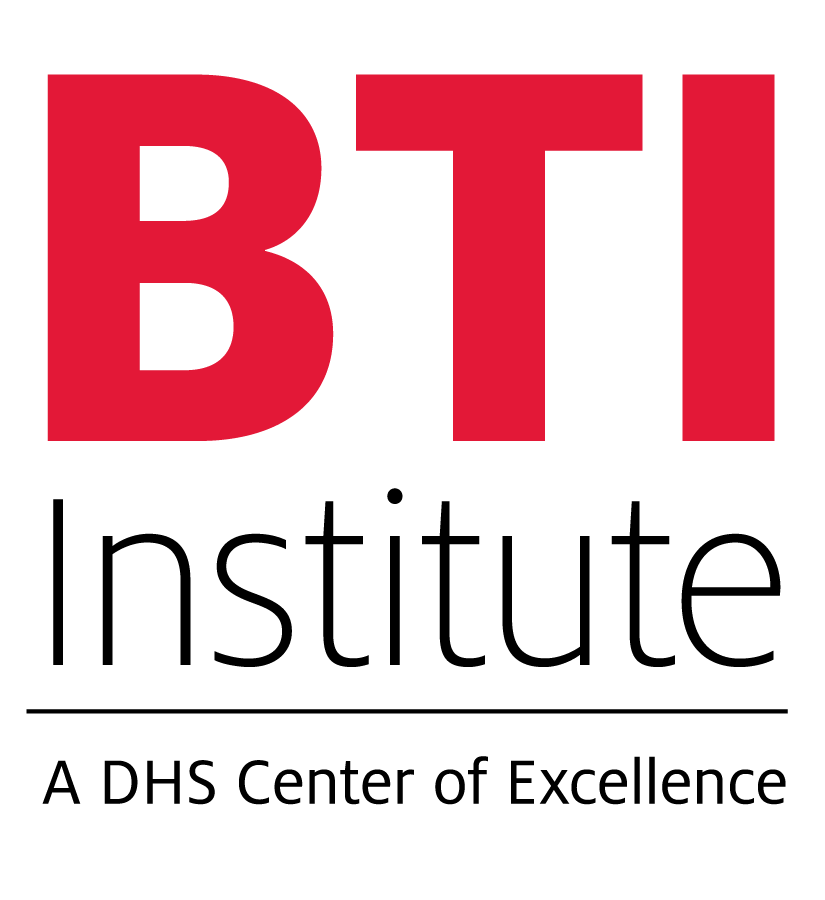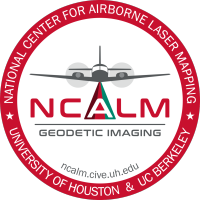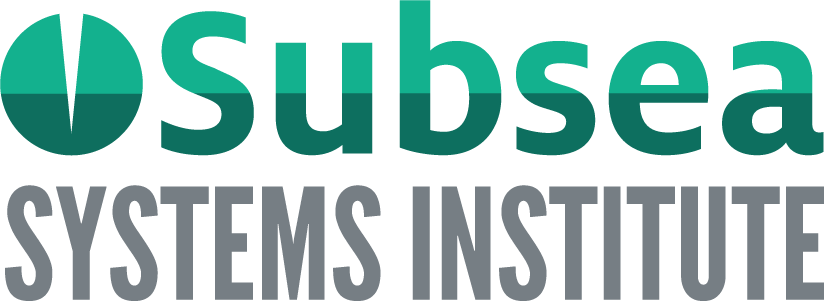
National Centers
Advanced Superconductivity Manufacturing Institute (ASMI)
Established: 2016 as 501 (c) (3) Organization
Funding: National Institutes of Standards and Technology | $500,000 Planning Grant, , Department of Energy Advanced Manufacturing Office | $4.5 million, three-year award
Lead PI: Venkat Selvamanickam, Ph.D.
Department: Advanced Manufacturing Institute | Mechanical Engineering | Texas Center for Superconductivity's Applied Research Hub

Center for Building Reliable Advances and Innovations in Neurotechnologies (BRAIN Center)
Established: 2022
Funding: National Science Foundation | $758,331
Lead PI: Jose Contreras-Vidal, Ph.D.
Department: Electrical Engineering

The Center for Building Reliable Advances and Innovations in Neurotechnologies (BRAIN Center) develops safe, effective and affordable personalized neurotechnologies for diagnostics, restoration, enhancement, and rehabilitation of sensory, motor, affective and cognitive functions.
Borders, Trade, and Immigration Institute (BTI)
Established: 2015
Funding: U.S. Department of Homeland Security | $3.4 Million, Five-Year Grant
Lead PI: Craig Glennie, Ph.D.
Department: College of Technology
Status: DHS Emeritus Center of Excellence, 2021

Center for Integrated Catalysis (CIC)
Established: 2020
Funding: National Science Foundation | $1.8 Million
Lead Co-PI: Loi Doi, Ph.D.
Department: Chemistry

Center for Success of English Learners (CSEL)
Established: 2020
Funding: Institute of Education Sciences | $9.9 Million
Lead PI: David Francis, Ph.D.
Department: Psychology

Consortium for Translational and Precision Health (CTPH)
Established: 2024
Funding: National Center for Advancing Translational Research | $44.2 million
Lead PI: Christopher Amos (BCM), Fasiha Kanwal (BCM), Bettina M. Beech (UH)

The CTPH will provide funding and resources for pilot projects and research initiatives, helping to accelerate the translation of new technologies and discoveries into patient care and population-level impact.
HEALTH Center for Addictions Research and Cancer Prevention (HEALTH-RCMI)
Established: 2020
Funding: National Institute on Minority Health and Health Disparities | $11.9 Million
Lead PI: Bettina M. Beech, Dr.P.H., M.P.H.
Department: HEALTH Research Institute | Psychological, Health, and Learning Sciences (PHLS) | College of Education

National Center for Airborne Laser Mapping (NCALM)
Established: 2003 (Transitioned to UH in 2010)
Funding: National Science Foundation | $2.4 Million Continuing Grant (>$10M Total)
Lead PI: Craig Glennie, Ph.D., P.Eng.
Department: Civil and Environmental Engineering

National Center for Research on Educator Diversity (NCRED)
Established: 2022
Funding: Chan Zuckerberg Initiative | $750,000
Lead PI: Conra Gist, Ph.D.
Department: College of Education

Subsea Systems Institute (SSI)
Established: 2015
Funding:Texas Commission on Environmental Quality via the RESTORE Act | $4.1 Million
Lead PI: Ramanan Krishnamoorti, Ph.D.
Department: UH Energy

Texas Center for Learning Disabilities (TCLD)
Established: 2006
Funding: National Institute of Child Health and Human Development | $9 Million, Five-Year Grant, 2001-2016 (>$16 Million Total)
Lead PI: Jack M. Fletcher, Ph.D.
Department: Psychology | Texas Institute for Measurement, Evaluation and Statistics (TIMES)
Transportation Cybersecurity Center for Advanced Research and Education (CYBER-CARE)
Established: 2023
Current Funding: U.S. Department of Transportation | $2 million Tier 1 Center Grant
Lead PI: Dr. Yunpeng (Jack) Zhang
Department: Information and Logistics Technology